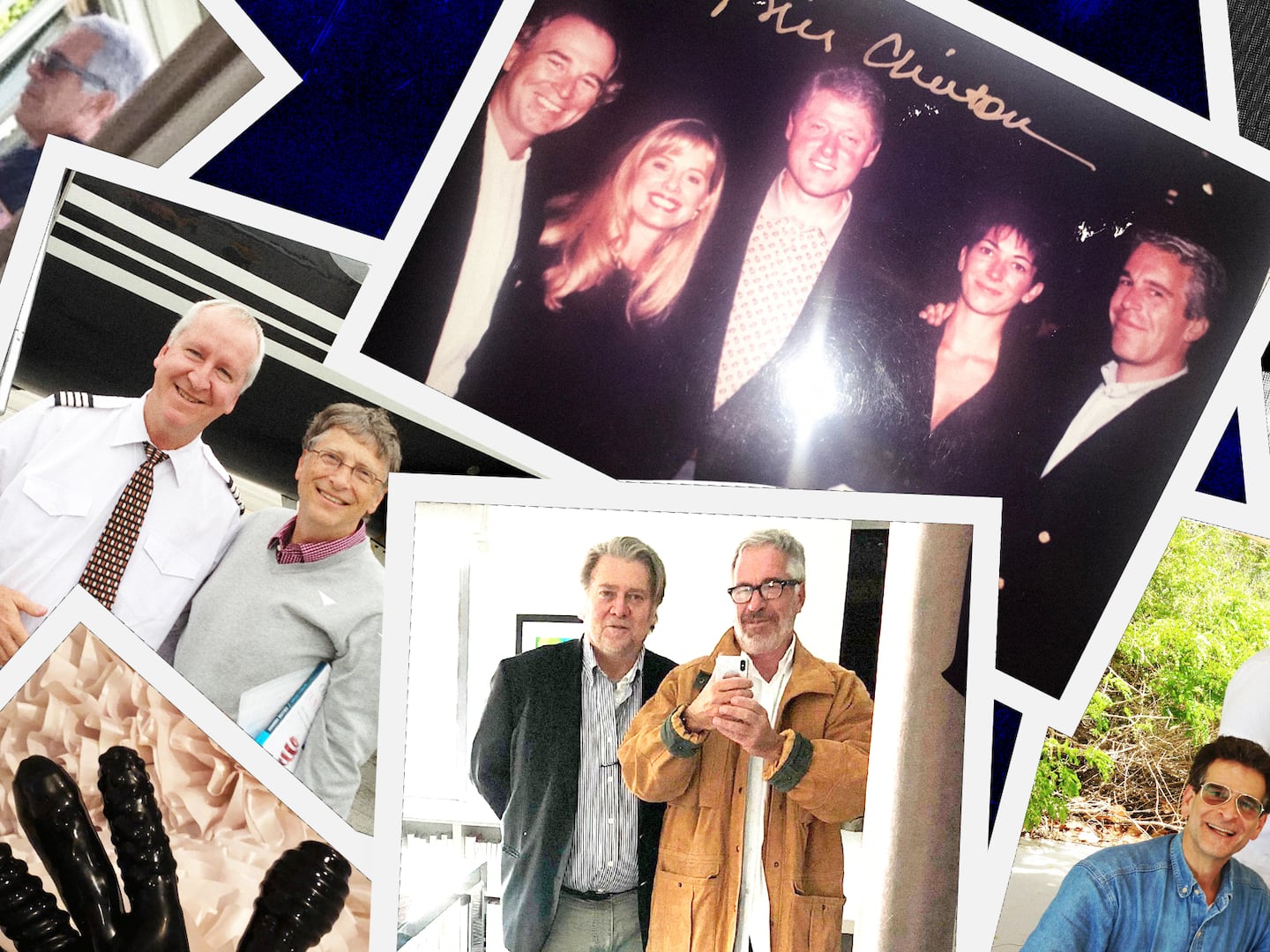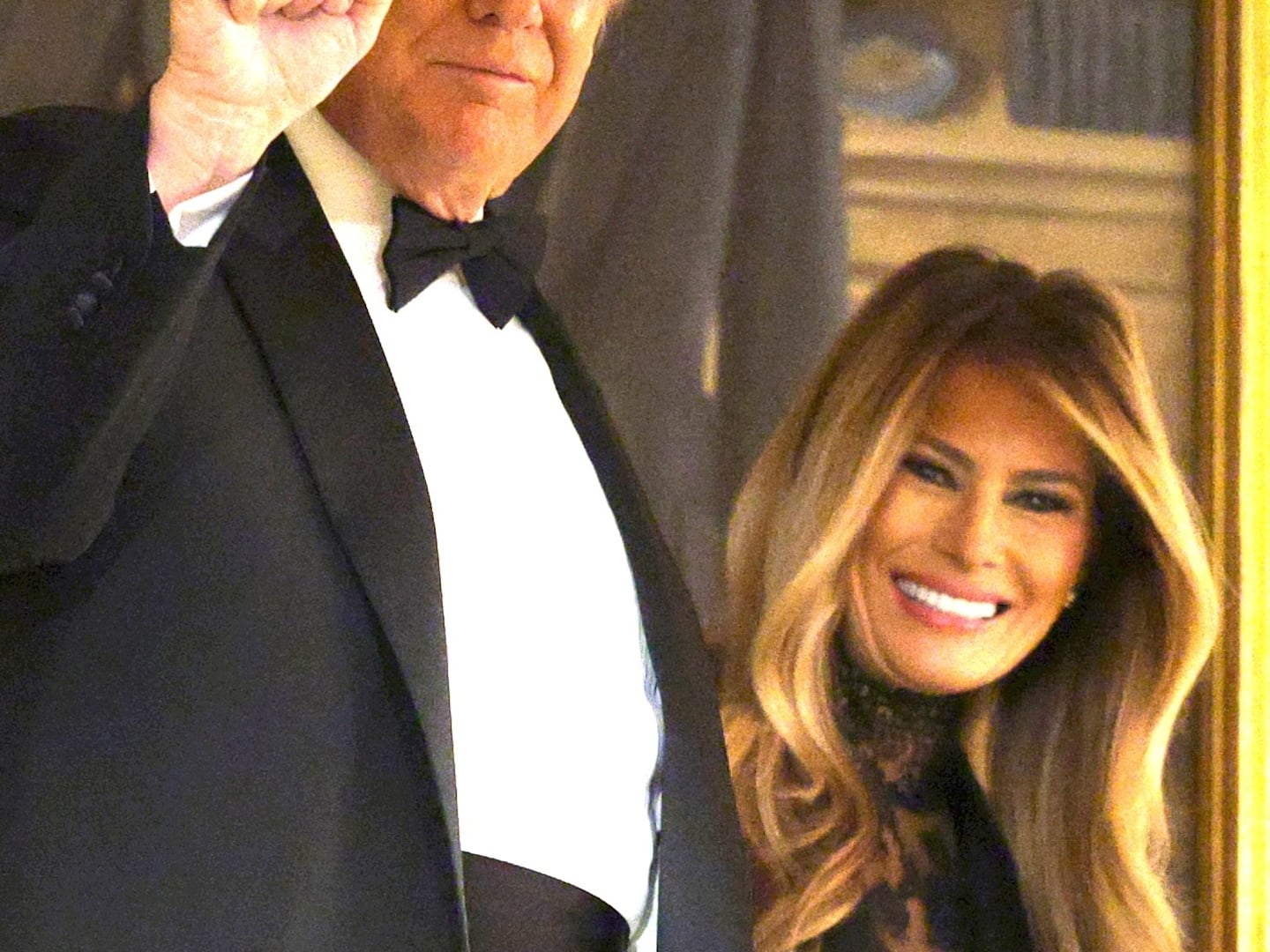
Plus, read more insight on Iran's election from other Daily Beast writers.
1- A European friend of mine asked me once: Why do you Iranians feel compelled to explain to every foreigner you meet that you are different from what you seem to be?
I found she has found the answer to this question as many other people around the world with a similar question. I remember foreigners telling me that if you feel unhappy about your system, why don't you just change it? I hope they might have also been able to guess why.
The wide gap between the ruling system in Iran and the Iranian people could never be more evident than during the past few days. The image that the government has been trying to portray for 30 years is not only different, but in many cases quite the opposite of the real picture. The indoor life and the outdoor life of people are controversial to a degree which seems shocking or ridiculous to a foreigner. The ruling system has worked hard to enforce and showcase a special lifestyle marked by hijabs and adherence to religious principles. This has led to a dual life for many: an indoor life and an outdoor life. This hypocrisy has become a major component of life under the Islamic republic of Iran both for the government and for the people.
2- Yesterday, Ayatollah Khamenei, the Iranian leader openly threatened any protester who might dare to attend a street demonstration. On the other hand, people had agreed before on another day of peaceful protest from Enghelab Square to Azadi Square. Everybody expected today to be a special day. The message was clear: Go to street and expect anything. Will anybody dare attend a protest today?
To answer this question, one should know a little about Iranian collective psychology. We know ourselves as a proud nation. We praise bravery and courage even if it might look stupid. Death is a very familiar scene to us and we are not afraid of death. There are many things that we consider worth dying for. We can easily die for our dignity or in defense of our reputation; especially the reputation of the female members of our families. This might seem irrational, but who said we ever were rational people?
3- At 1 p.m. today, a friend informed me that the riot police is ordering people around Enghelab Square to close their shops and their offices and to leave their works and go home. He said that they have closed all streets leading to Enghelab Square and Azadi Avenue. According to him, the barrier of riot police forces was so dense that any infiltration seemed impossible. However, like many other people, I made my way toward Yadegar Imam Exp'way. I turned into one of the side streets of Azadi Avenue and parked in a small alley. Like many others I was equipped with sunglasses and a face mask (to avoid cameras), a shawl (to use as a wound dressing in case of gunshot), a pack of cigarette and a lighter (to neutralize the effect of teargas). Mobile phones were disconnected but we carried them along to use as cameras. All streets were full of military forces of five distinct groups: Ordinary policemen with batons and shields; members of the Islamic Revolution Guard Corps with batons and shields; members of Basiji in uniforms with batons and shields; riot police with heavy equipments including shotguns and motorcycles; some semi-uniformed people with batons or large thick power cables either on foot or on motorcycles. It seemed that the ayatollah has brought all his force onto the battlefield.
4- Ordinary policemen were sympathetic. Members of the Islamic Revolution Guard Corps (those I met) were gentle and considerate. I didn't see any of them beating anybody. Their shields were marked with the words "protecting security of the people." I talked to a number of them. They all seemed very upset and felt sad and confused about the situation. I asked them about those un-uniformed people who attacked people. They said they don't know who commands them and that their action is a part of a psychological war to spread fear and terror. The Guard Corps prevented us from going further to join the main groups of people in Azadi Street but their behavior was not unnecessarily harsh or provocative.
Anyhow, we managed to pass this military barrier and approach Azadi Street. So we had the military forces both on our back and in our front. In one of the side streets, we came in the middle of a hot struggle. Riot police and Basiji militia attacked the crowd and shot teargas. At first the reaction of people was to retreat into lanes and alleys. Soon, the bolder and more courageous of the people attacked back. They threw stones at the riot police and put one of their motorcycles on fire. To fight with teargas, they burned paper and cardboard and the large plastic garbage bins. For about three hours, this battle continued. Many times we were made to flee and hide inside the houses. Some people would leave their doors open for the crowd. Many people were wounded mainly by baton and cable. At around 8 p.m. we left to go back home. Streets were all crowded when we found our car and drove home. On the way back, cars were blowing their horns as a sign of protest.
5- What the supreme leader did yesterday, fired back at him today. During the past days of protest, nobody has called any slogan directly aimed at the leader. People would sometimes shout: "Down with the Dictator"; but there was no mention of his name. Today, for the first time in the past days, some people were shouting: "Down with Khamenei." Even old men and women were throwing stones. Some talked of revenge. Some said that now that they are killing our sisters and our brothers, we cannot sit quiet and we have to retaliate. The only feeling that I couldn't see a sign of was that of fear.
6- There was no individuality left. All were united. All were brothers and sisters. The fact that police had attacked some defenseless women in a closed alley made the crowd so furious that the police had to set back for a while. People felt very angry because of the fact that police show no respect for women who are considered to be less physically capable to fight back. However, women were as active in stone throwing as men. The Iranian regime had achieved to a large degree to develop a sense of mistrust among the people. Nobody felt secure. There was always the fear that your neighbor, your colleague or your co-traveler might be an informer. I remember that whenever I wanted to criticize something of the government in a public place— say, in a taxi—another passenger would warn me to keep silent. Who knows if the driver or the other passenger is not a member of the intelligent force?
Today, this mistrust had gone and replaced with a deep sense of trust; a sense of brotherhood and sisterhood. People did not feel like strangers anymore.
7- Many people were wounded. I don't know how many were killed. I heard different people giving different numbers of those killed today. However, when I turned on the radio to listen to the news; the headlines were all messages of congratulations to the supreme leader for his thoughtful and unifying (!) Friday speech by different government organizations and some members of the clergy. The most eloquent and bombastic was that of President Ahmadinejad who praised the supreme leader for his strong speech which showed the might and resilience of the Islamic Republic. Iranian TV showed one of its known comedy shows of interviewing masked people who confessed that they were connected to the MKO and were led by the foreigners to put buses on fire and to disarm military places. The show was so hastily and clumsily directed that you felt pity for those involved.
8- Today was tough. Tomorrow might be even tougher. People might be forced to go back home. The government may succeed to kill more and to suppress this movement. But even if this happens, will it be a victory?
I doubt it and many people who were in Tehran streets today share this view. People feel more strong now. Tonight, the cries of Allah Akbar (God is Great) was much louder than the previous nights. If we achieve nothing more, I still feel victorious. We are victorious because we are united once again.
Parvez Sharma is the director and producer of A Jihad for Love. He is in constant contact with friends on the ground in Tehran and has also been blogging on The Huffington Post.






